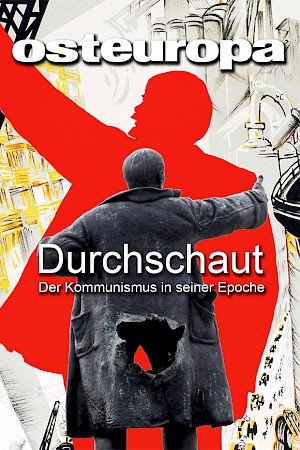Closed Chapter
Euro-communism in Retrospective
Deutsche Fassung
Abstract
In the early 1970s, the Italian communists brought about a revolutionary reversal. They broke away from the hegemony of the Communist Party of the Soviet Union and took leave of the principles of Marxist-Leninist ideology and communist party rule. They recognized the principles of parliamentary democracy and affirmed integration with the West. This reversal was fed by criticism of the military suppression of the “Prague Spring” in Czechoslovakia and the Soviet Union’s authoritarian and repressive policies. Support was initially found in France and Spain. Euro-communism was not a homogeneous theory. The Euro-communist period was one of transition. At its end stood the transformation of west European communist parties into social democratic ones or insignificance. It remains unclear how much Soviet reformers under Mikhail Gorbachev were influenced by Euro-communism.
(Osteuropa 5-6/2013, pp. 255–270)



